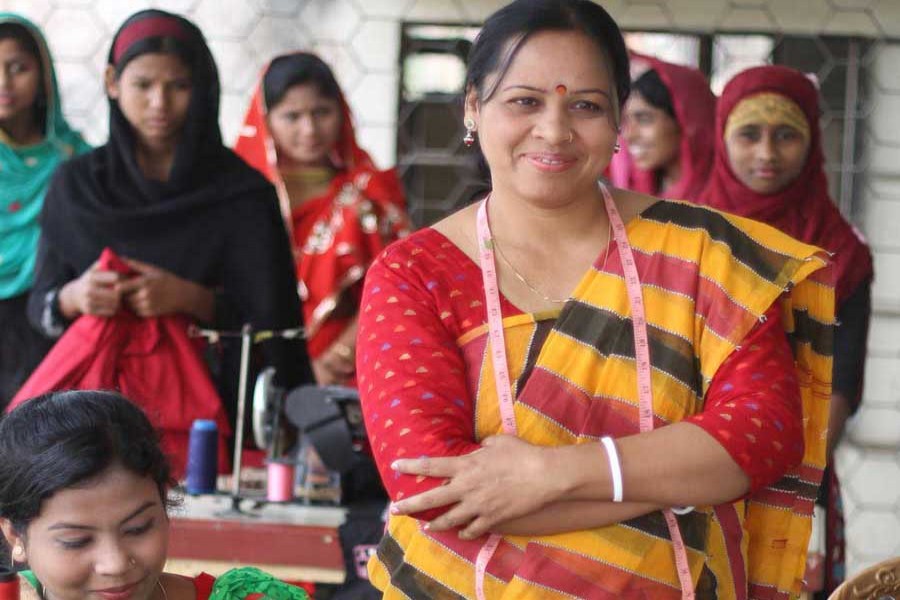

The recommendations made by the Reform Commission on Women's Affairs in its report submitted to the chief adviser on Saturday bear special significance at a time when the country has been witnessing a fresh spate of gender violence including sexual abuse and aggression. As many as 433 reform proposals covering 15 thematic areas have been made. One notable feature of the recommendations is that they have broadly categorised in three groups on the basis of implementability by the incumbent interim government and the next elected government respectively; and others left for the future. Thus the outstanding proposal concerns the adoption of a uniform family code to ensure equal rights in marriage, divorce, inheritance and maintenance irrespective of religions. This, according to the 10-member commission, can be implemented by the interim government. The establishment of a permanent women's commission with the assignment of monitoring violations of women's rights and protecting the vulnerable certainly deserves immediate consideration.
However, the electoral reform the Women's Affairs Reform Commission has suggested to bring about gender parity in people's representation may be debatable. It suggests raising the number of parliamentary seats to 600 with each constituency boasting one general seat and another seat reserved for women. But both will be elected through popular votes. If there is a provision for an upper house, 50 per cent of the nominees will be selected by 'political parties in a proportional manner using the zipper method whereby an equal number of male and female candidates are alternated on party lists'. Here the emphasis evidently is on equal representation in parliament no matter if the legislature is unicameral or bicameral. Critics may find that such an initiative smacks of something more than quota provision. Also, the two people's representatives from one constituency may give rise to frictions and clash of interests unless their respective jurisdiction is clearly outlined. The likely scenario would be total monopoly of power and function by the elected members of parliament (MPs) to the sidelining of those elected to the reserved seats.
Even if these women parliamentarians are not dubbed '300 sets of necklace' like the earlier '30 sets of necklace', the economic implications cannot be ignored. Apart from the Jatiya Sangsad's limited capacity for such a large assembly, the residential accommodation for such a bevy of VIPs, transports, electric and transport bills and other miscellaneous costs are likely to be staggering. Will it be cost-effective? The idea of reservation is not far removed from protectionism and provision for quota. Parliamentary debates and legislation alone cannot change society for the better.
In fact, the bottom line ought to be empowering women right from the grassroots level. This calls for sustaining the good work of greater girls' attendance at primary and secondary schools together with their proportionate higher grades and pass rates up to SSC and HSC examinations. It is important to create the right environment for these girls to pursue higher education and take their rightful places in administration and other important professions and areas of life including teaching and research. Mere creation of parliamentary seats for women will fizzle out in meaninglessness. Empowerment of women must be complemented by creating facilities for sports, healthy cultural activities and entertainment all across the country to stem the social rot. Such a progressive outlook of life as against the conservative one now gaining ground can foster attitudes towards and relations between genders on the basis of equality and mutual respect.


 For all latest news, follow The Financial Express Google News channel.
For all latest news, follow The Financial Express Google News channel.